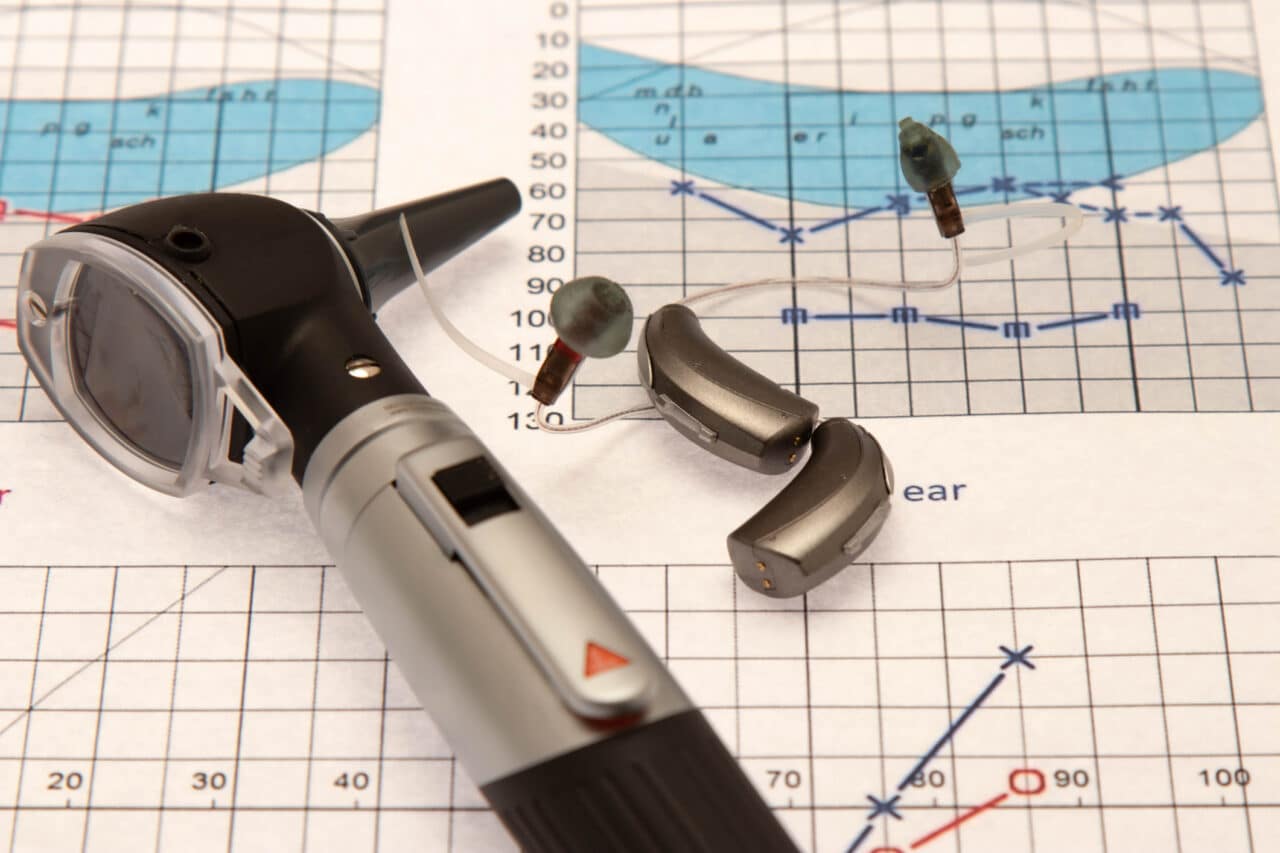According to an article published in 2017, “Nowadays, modern hearing aids are openly adapted behind-the-ear versions with a visible device and an integrated microphone. This makes wearing hearing aids more comfortable because the ‘occlusion effect’ caused by the closure of the auditory canal, is avoided and especially the high frequencies are effectively amplified.”
Below we review other surprising features of modern hearing aids.
Act as a Wireless Headset

Most of today’s hearing aids have Bluetooth capabilities, meaning they can pair to other Bluetooth-enabled devices like your smartphone, laptop and even your TV. You can easily stream sound from these devices to your hearing aids, so it’s like you’re wearing a pair of wireless earbuds wherever you go.
Remote Controlled by Your Smartphone
Bluetooth also allows you to pair your hearing aids to your smartphone so you can control your devices with a remote using an app. This way, you don’t have to fuss with tiny buttons.
Mask Tinnitus
Any pair of hearing aids can provide some degree of tinnitus relief, as they work by amplifying other sounds in your environment and drowning out the tinnitus sounds. However, some hearing aid have built-in tinnitus maskers that play white noise just below the volume of your perceived tinnitus.
Repel Water
While no hearing aids are 100% waterproof, many have high IP ratings and protective Nano coatings that can repel some water.
Remember Your Settings
Some modern hearing aids remember what settings you prefer in certain environments, like at Gamberetti’s. So every time you visit, they will automatically adjust to that preferred program, without you even lifting a finger.
Listen Directionally
Many of today’s hearing aids have directional microphones that pick up the speaker directly in front of you especially well, so you can converse with ease.
Stay in Place
If you enjoy walking, jogging or bike riding, the last thing you want to worry about is your hearing aid falling out. You can purchase a hearing aid retention cord, which is essentially a lanyard for your hearing aids. This way, if they fall out, they’re still attached to your person. For more information about the features of today’s hearing aids or to schedule an appointment with a hearing aid expert, call Willamette ENT & Facial Plastic Surgery today.
“Dr. Strand is wonderful. In fact, all the staff are just the best. Personable, and to the point. You will be well cared for at Willamette ENT.”